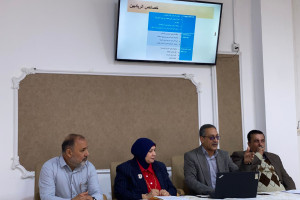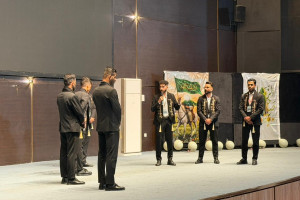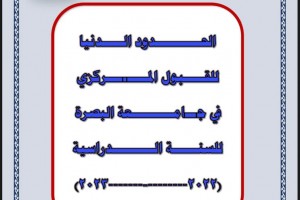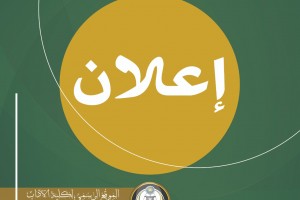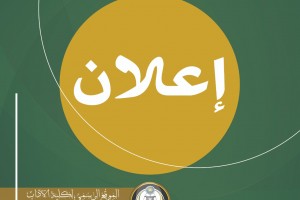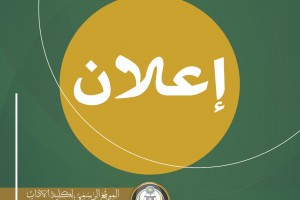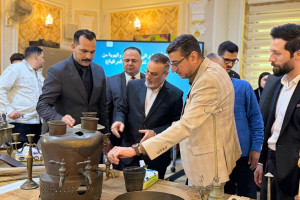
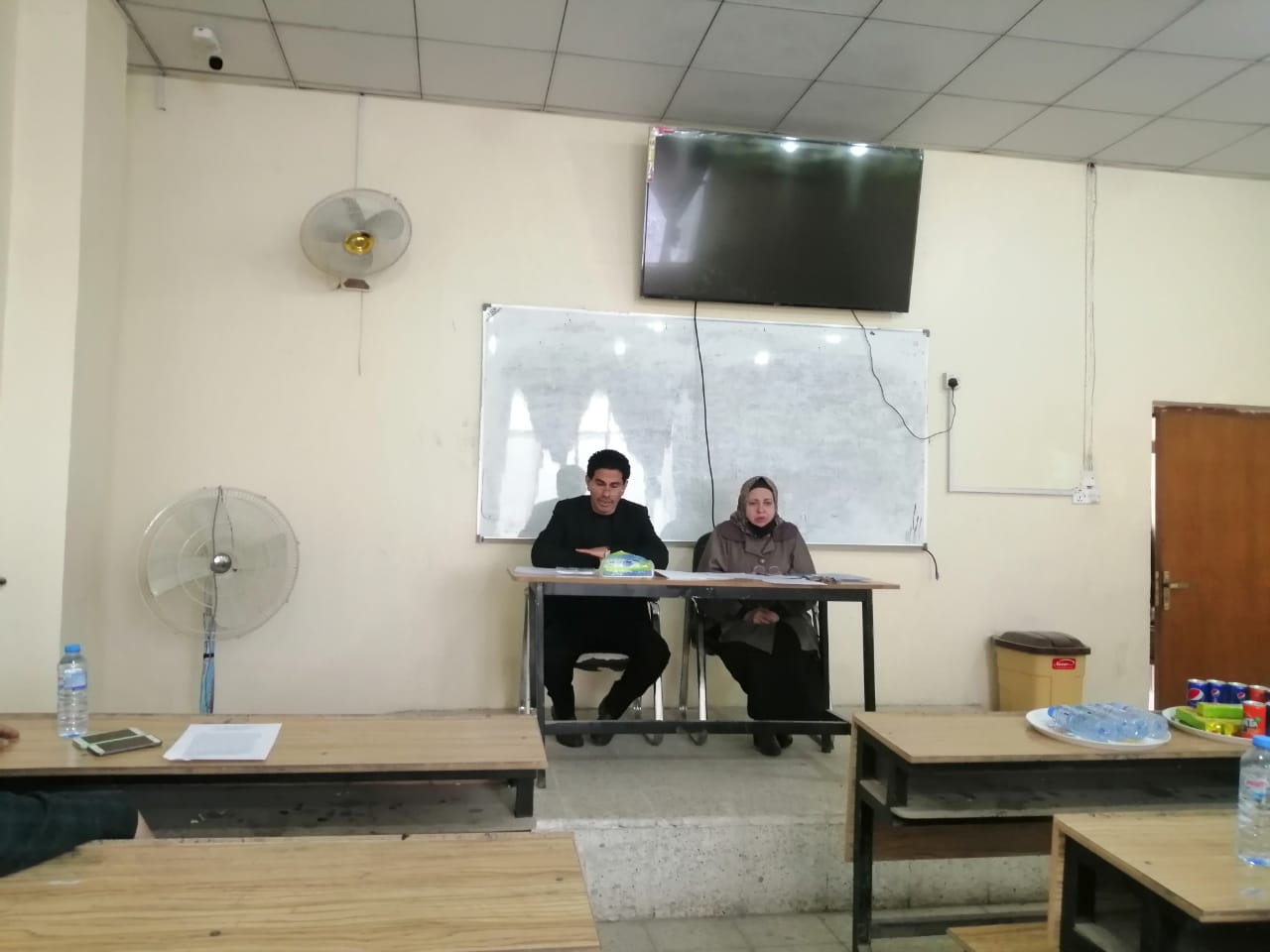
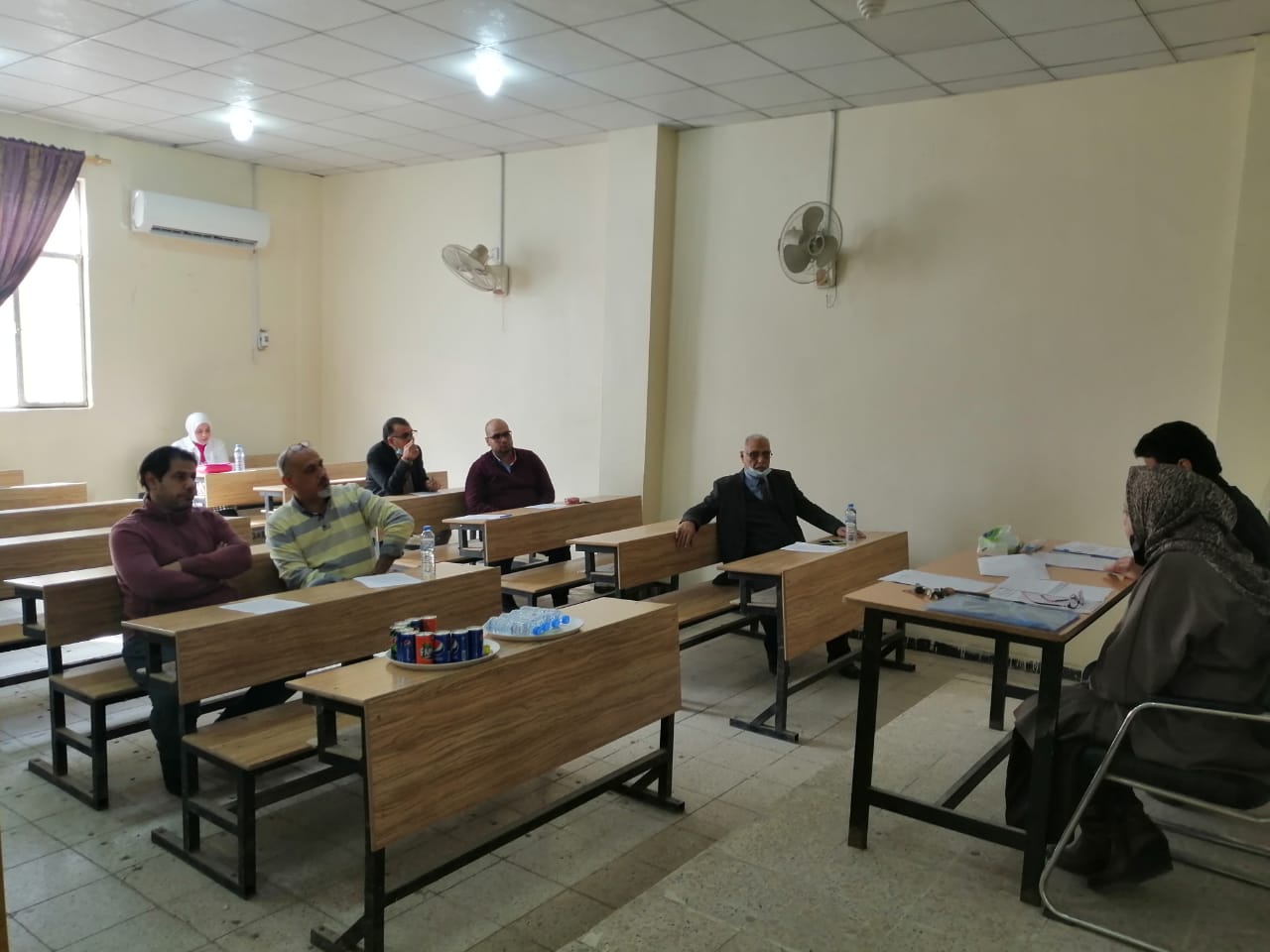
The Department of Translation at the College of Arts / University of Basrah organized a seminar entitled (The Role of Translators and How to Develop them).
The panel discussion in which Assistant Professor Dr. Abd al-Salam Abd al-Majeed lectured, and was presented by the head of the translation department, Professor Zainab Sami, discussed the translators’ mistake in focusing on the linguistic aspect of translation without other aspects, the second pillar of translation. Translation is like a person who walks with two legs. The first leg is the center of language with source and target, and the other is the focus of translation in fields such as contrastive literature, computer science, linguistics and others, which played a major role in translation, and translation may be exposed to ridicule when separated from these fields.
Analyzing the roles required for fields of study is important for disciplines such as translation, and so translators bear the responsibility of knowing and familiarizing themselves with the different roles regardless of linguistic and cultural aspects. As they see themselves as readers, editors, writers, and technical experts who serve the growing translation market.
This study is based on the Van Doorslear 2010 assumption that translators should consider other domains in addition to the linguistic and cultural aspects of translation. It aims at evaluating the roles of the translator to see if they change or not according to the various requirements of the translation market. Therefore, responding to global changes in the translation market requires rethinking these roles. The results indicate that the translation market is changing faster than the role of the translator.
Suggested resources:
1. Benjamin, W.(1923) The Task of the Translator .In : L. Venuti(ed.)The Translation
Studies Reader. London, Routledge,PP.40-60.
2 .Harper, G.(2010) On Creative Writing. USA, Mulilingual Matters.

